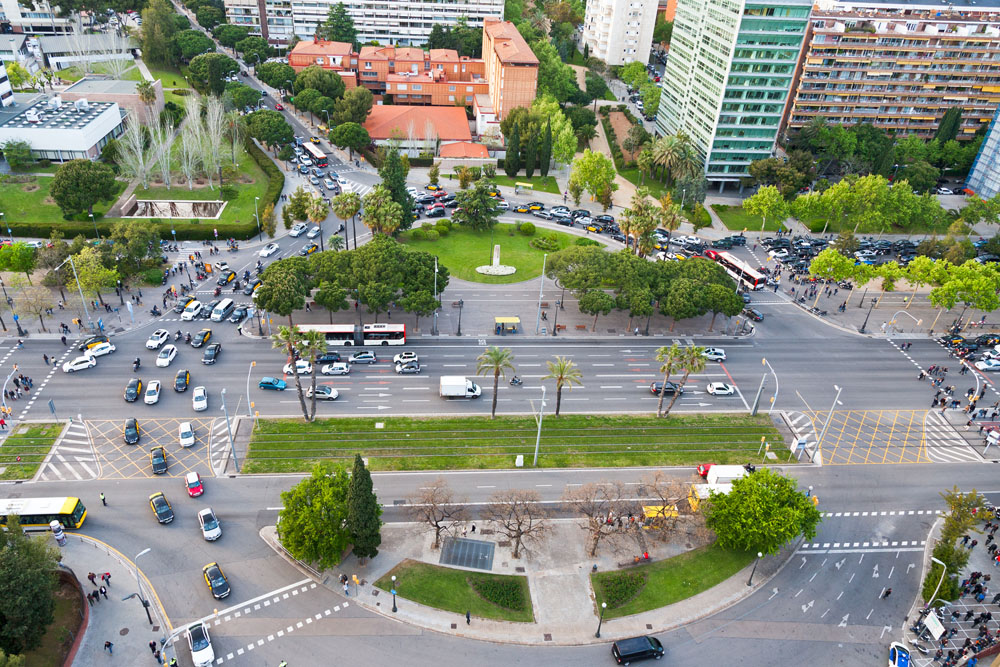Newsroom staff
1 June 2018: As cities grow to accommodate our global population of nearly 10 billion by 2050, innovative policy solutions are essential for a sustainable urban future. Challenges include impacts on urban health, climate change, social justice and urban governance, a University of Canberra urban planning expert said.
In a comment article published in Nature Communications, Professor Barbara Norman said as cities increase in population, power and wealth, they are more likely to set their own urban futures and increase their autonomy.
However, the University’s Foundation Chair of Urban and Regional Planning argued that collaboration with all levels of government will lead to better outcomes.
“Cities will remain, in my view, part of a complex set of environmental and social systems and as a result, will continue to be influenced by the actions of higher levels of government,” Professor Norman said.
“While cities can undertake significant local action on urban sustainability, they will continue to rely on national governments for investment in critical infrastructure including defence, energy, water supply, communications and rapid transit.
“Where national strategies are aligned to local action, a great deal more can be achieved.”
In her latest book, Sustainable pathways for our cities and regions: Planning within planetary boundaries, Professor Norman outlines seven pathways for a more sustainable future:
(i) Planning within planetary boundaries
(ii) Long-term vision with targets;
(iii) Adaptive integrated planning;
(iv) National sustainable development strategies;
(v) Net zero carbon precincts;
(vi) Innovative platforms for collaboration and evaluation; and
(vii) Green growth, i.e. planning.



